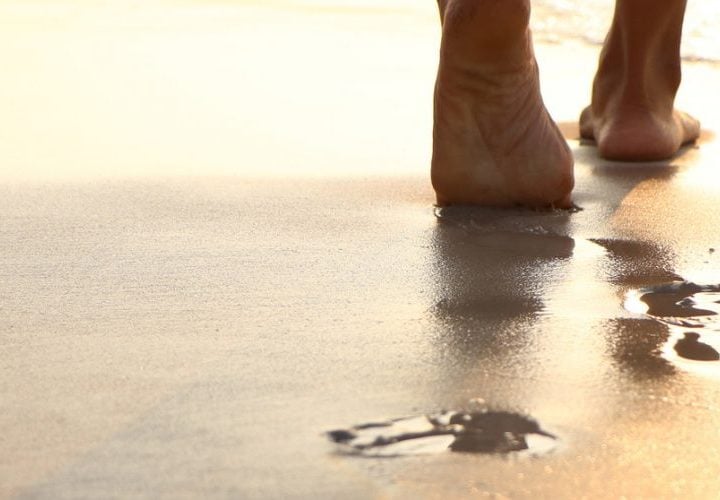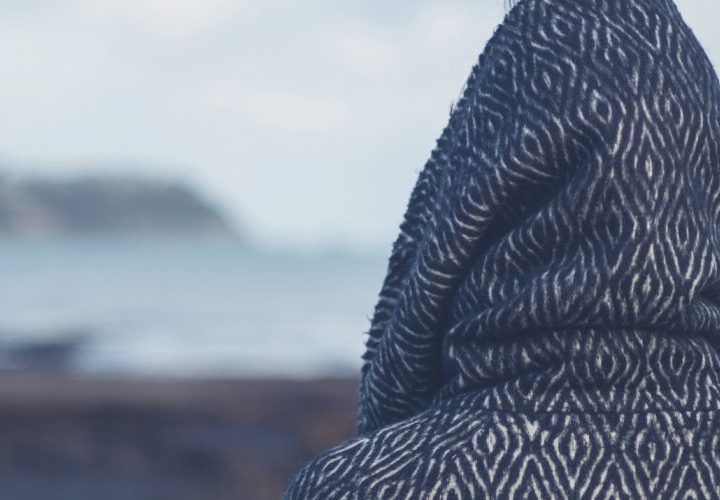Under Part 3 of the Digital Economy Act 2017, age verification for legal pornography sites became mandatory; however, the government never enforced it.
Now lawyers have begun judicial review proceedings against the government over allegations it failed to stop children in the UK watching online pornography.
The Online Harms Bill is currently only at white paper stage with no planned date to bring it before parliament. The intention is to place a burden on internet providers to protect users from “harms” including viewing pornography for 18s.
Paul Conrathe, solicitor with Sinclairslaw, told the Guardian “The government have sought to frustrate the clear will of parliament to protect children from online harm” hence in direct breach of the government’s legal duty to protect them.
Conrathe and other Children’s Welfare charities note that the delay in enforcing the Act allows children easy access to extreme pornographic material online. Consequently, this negatively impacts on thousands of children every day. This includes teenage girls suffering sexual harassment at school.
In a previous article, we highlighted that Ofsted have launched an inquiry into the prevalence of sexual misconduct within English schools.
Ava Vakil is one of the claimants in the judicial review proceedings. She is a student and has been campaigning to raise awareness of sexual violence among teenagers.
Vakil said: ‘Young people’s first experience with sex is increasingly pornography that often glorifies extreme violence against women.’
“An 11-year-old can’t go to the cinema and watch an 18 film but with more ease, no ticket they can see incredibly harmful material on their phone or a friend’s phone.”
A survey from the University of London found that four in five UK 16- and 17-year-olds have seen online pornography – most commonly having watched it on the day of the survey.
The survey of 1,000 16‐ and 17‐year‐olds found that many were watching pornography on social media sites but it was more frequently viewed on pornographic websites.
One of the arguments for not introducing age verification as proposed was because it would not cover social media sites.
Dr Neil Thurman led the survey. “Given the frequency with which our research shows dedicated porn websites are viewed by 16- and 17-year-olds, waiting for the online harms bill to come into force certainly carries risks, allowing adolescents to continue to regularly access online content that is problematic in many ways.”
Earlier in the year, the NSPCC highlighted that there had been a large increase in the amount of child abuse material being produced and shared online. The UK’s child abuse image database is growing by 500,000 every two months.
The term ‘child abuse’ is used by the NSPCC to describe a situation whereby a child is intentionally harmed by an adult or another child. The abuse perpetrated can be physical, sexual, or emotional and can take place in person or online.
The rise in online cases can be seen to correspond with the increasing number of children relying upon the internet for their day-to-day lives during lockdown.
Between April and September 2020, 4,700 people, (nearly all men), were arrested for online child abuse offences and more than 6,000 children were safeguarded.
The Crime Survey for England and Wales (CSEW) estimated that one in five adults aged 18-74 years experienced at least one form of child abuse, whether emotional, physical or sexual abuse or witnessed domestic abuse before the age of 16 years.
The combination of easily accessible pornography and the rise in online exploitation must be alarming for parents who have had no choice but to allow their children increased access to the internet.
The young age of victims of online sexual exploitation or grooming may mean that they are fearful or embarrassed to discuss what has occurred.
Victims of abuse may be entitled to Criminal Injuries Compensation Award (CICA). The CICA is a government funded body for the victims of blameless crimes.
Farleys Solicitors represent hundreds of victims who have been subjected to horrific and life-changing sexual exploitation. For these victims we realise there is unfortunately no getting away from what they endured. However, pursuing a claim often helps our clients to bring closure to their torment, to provide the resources to fund medical treatments and therapy they may require.
Payments are calculated and awarded by reference to a tariff of injuries, which can compensate for sexual abuse but also mental injury following a crime of sexual coercion.
If you or someone you know is a survivor of sexual abuse, we are available to help and assist. Our dedicated team tirelessly supports hundreds of survivors throughout the process, treating every case with the sensitivity, confidentiality and integrity that each deserves. Contact us today on our dedicated abuse line 0330 134 6430, send your enquiry by email or chat to us using the online chat button at the bottom of your screen.








